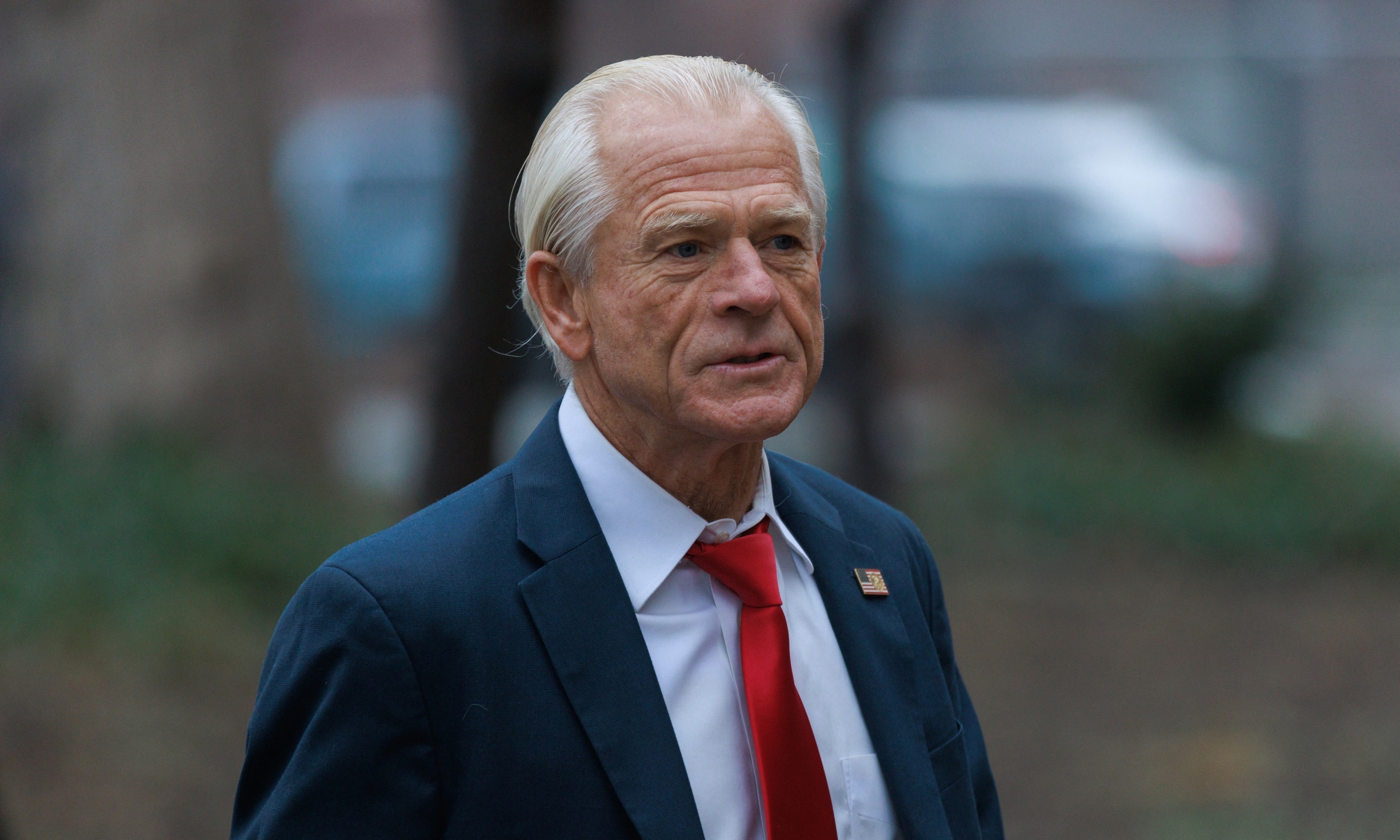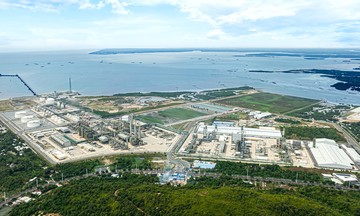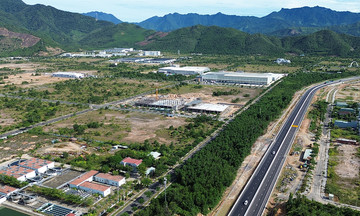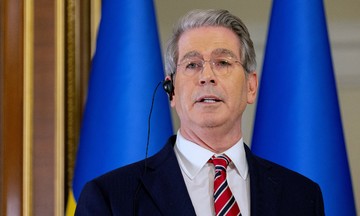In a Financial Times commentary on 17/8, Navarro argued that India's purchase of Russian oil must end. "If India wants to be treated like a strategic partner of the US, it needs to start acting like one," he wrote.
Previously, the Indian Ministry of External Affairs complained that the country was being treated unfairly for buying Russian oil, while both the US and the European Union (EU) also still purchase goods from Moscow. Earlier this month, US President Donald Trump used this reasoning to impose an additional 25% tariff on Indian goods, bringing the total import tax India faces when selling to the US to 50%.
Navarro wrote that "India's reliance on Russian crude oil is opportunistic, deeply damaging the world's effort to isolate Russia economically." He argued that India is acting as a clearinghouse for Russian oil, turning sanctioned goods into high-value exports, providing Moscow with needed US dollars.
 |
White House trade adviser Peter Navarro. Photo: AFP |
White House trade adviser Peter Navarro. Photo: AFP
India previously did not purchase much Russian oil, relying instead on supplies from the Middle East. However, this changed in 2022 after the Russia-Ukraine war began. Western import bans and price caps on Russian oil exports redirected the flow to Asia. India and China are now the largest buyers of this product. Data firm Kpler reports that Russian oil now accounts for 37% of India's total oil imports.
"American consumers buy goods from India. India then uses those dollars to buy cheap Russian crude," Navarro complained. He has long been known for his hawkish views and is a key figure behind Trump's import tariff policy.
Navarro also warned that transferring advanced US military capabilities to India is risky, as New Delhi is "moving closer to both Russia and China." Indian Prime Minister Narendra Modi is scheduled to meet Chinese President Xi Jinping later this month. Chinese Foreign Minister Wang Yi will also visit India from 18/8 to discuss the border dispute between the two countries.
Reuters, citing sources familiar with the matter, reported that a trip by US trade negotiators to New Delhi, scheduled for 25-29/8, has been canceled. This makes the prospect of a trade deal even more remote. Hopes that India will receive a tariff reduction before the 27/8 deadline are also fading.
Ha Thu (according to Reuters, FT)












